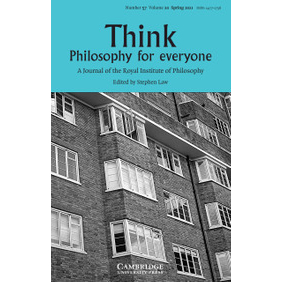Religious beliefs are often criticized as lacking the rational justification we expect of factual knowledge claims. In this article I suggest that while religious believers do often claim ‘knowledge’ of the ‘truth’ they typically use these words in traditional, and indeed still current, senses that are quite different from the senses assumed both by their atheist critics and by standard theories of knowledge. The claims are not primarily claims of factual accuracy, subject to the norms of what philosophers call theoretical reasoning, but claims of acquaintance with what can be trusted in the making of practical judgements, and subject to the rather different norms of practical reasoning. This does not exempt them from rational critique, but it does call for a different kind of critique from that usually offered.
